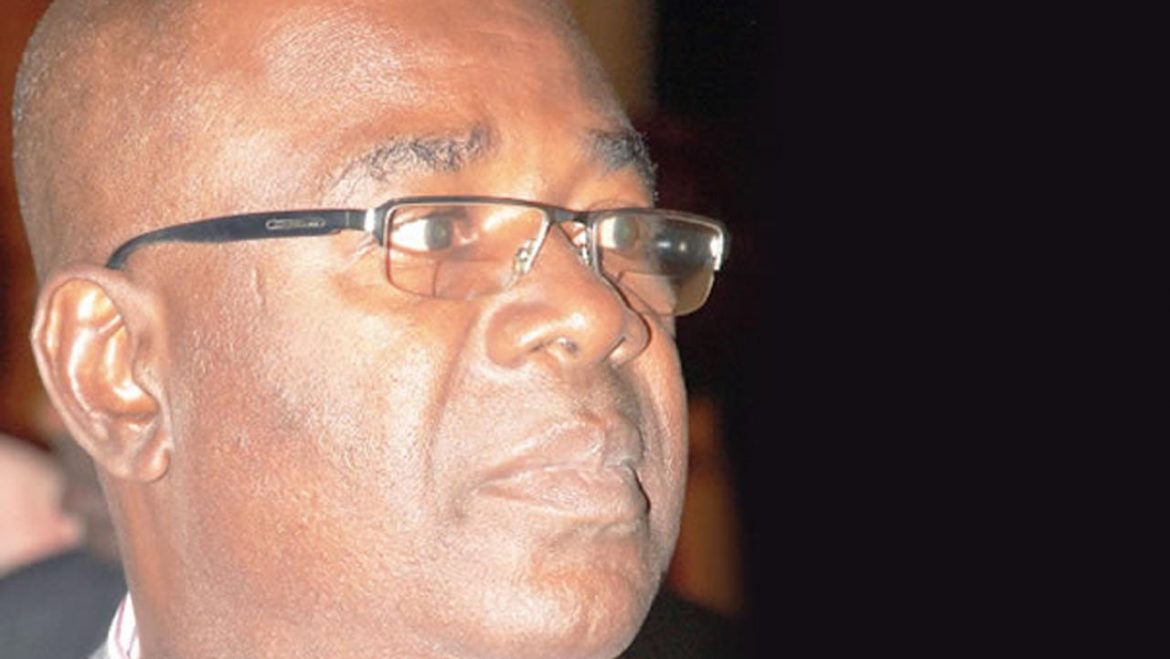Duruiheoma has exposed the real reasons why Polygamy cannot be stopped in
Nigeria despite it being a major contributor to the current population
explosion witnessed in the country. This was revealed during the flag off
of the 2017 World Population Day (WPD) tagged “Family Planning, Birth
Spacing: Empowering People, Developing Nations.”
According to him, the focus of the commission as far as family planning
and child spacing is concerned in Nigeria, we prefer to emphasise on the
education of more women rather than stopping Polygamy, commercial or
transactional sex. It has been discovered the world over that Polygamy
breeds more children in developing nations, even though statistics have
revealed that about 250million women in several underdeveloped nations in
the world today will like to delay or stop child birth, but due to lack of
access to family planning assets these women remain perpetually subjugated
to their various cultures and religions.
The Chairman of the National Population Commission insisted that family
planning, birth spacing are critical to the attainment of the 17
Sustainable Development Goals (SDGs) as espoused by the United Nations.
“Family planning and child spacing are both personal decisions but have
profound implications on the health, is not only about saving lives but
also empowering people.”
“It contributes to the economic and social well being of the society
through the SDGs which are aimed to eliminate poverty, discrimination,
abuse and preventable deaths, address environmental destruction and usher
in an era of development for all people everywhere. Family planning is
basically about empowering people and developing nations and simply a life
saving intervention,” he said.
He further stated that family planning is a life saving intervention, as
it prevents unintended pregnancies and in turn reduces health risks at
childbirth. As an intervention, family planning as it is quite critical
during humanitarian crises which is characterised by sexual violence,
intimate-partner violence, child marriage and high risk behaviour, such as
survival, transactional and commercial sex.
Even though there are certain cultures and religions in Nigeria that
permit the marriage of adolescent girls, reports have shown that
adolescent girls who delay pregnancy and consequently complete more years
of schooling, and women with more years of schooling tend to have fewer
children as the woman is more empowered to economically to support the
family.



